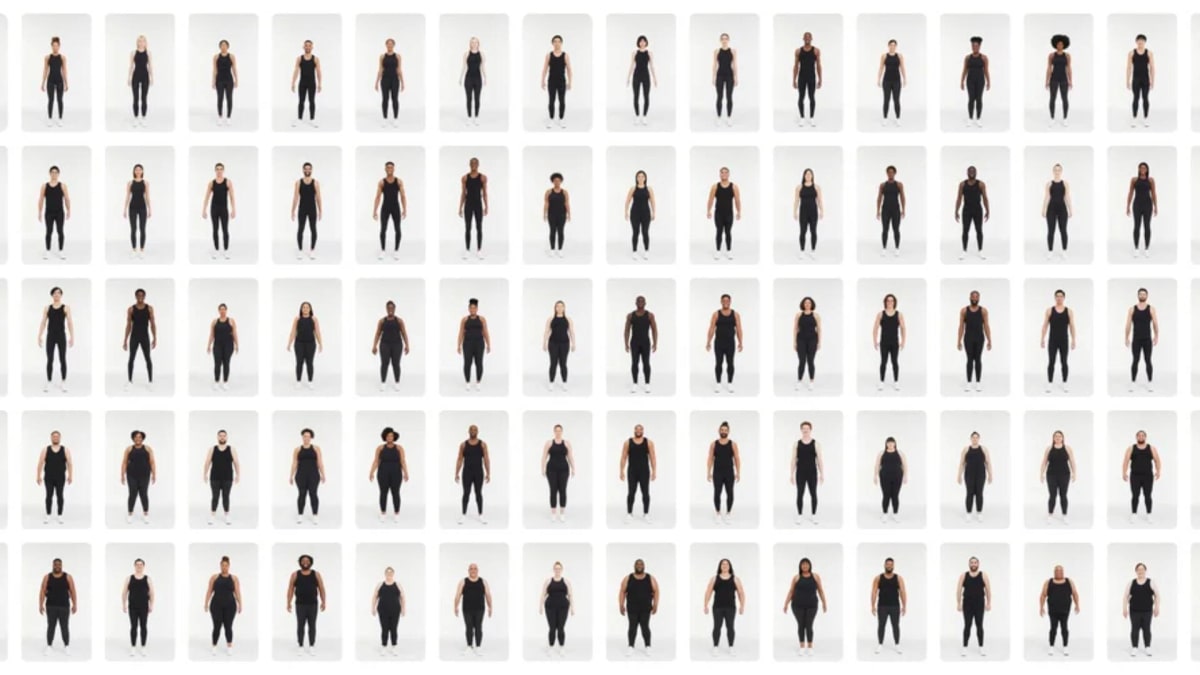
Ever since ChatGPT launched in November, investors have been super excited about the possibilities of artificial intelligence. For some, the technology means more productivity across fewer employees, which means greater profits.
For others, though, the excitement is stoked by the possibility of what new technologies might, through AI power, surface, and how revolutionary they might be.
DON'T MISS: Google Agrees On a Huge Step To Handle AI Risks
Google (GOOG) has been on the AI train for a long time -- the search engine's search results are ordered and ranked using AI models -- but recently, with the launch of Bard, the tech giant is taking a more direct approach.
At its developer conference in May, Google announced a host of generative AI updates that will be coming to the company's products. As Google works to develop an AI-powered Search, it is also testing AI features within its suite of apps, including Docs, Sheets and Gmail.
The company launched a new AI-powered tool June 14; this one, unlike its other tools, is designed to enhance the online shopping experience.
One component of the new tool is a virtual try-on feature, while the other is a refined search feature.
At the click of a button, customers in the U.S. can see how women's tops from a variety of brands will look on a wide variety of real models. And if a shopper generally likes a top, but wants something cheaper or in a different color, the refined search feature -- using machine learning -- makes that search process really simple. (Google says more options are coming later this year, including searching for men's tops.)
More Business of AI:
- Here's the Startup That Could Win Bill Gates' AI Race
- Meet Your New Executive Assistant, A Powerful AI Named Atlas
- High-Profile Investor Shares Blunt Words on the Current State of AI
"We believe that AI will continue to improve our lives in ways big and small, including making everyday activities like shopping just a bit more helpful (and fun)," Google said in a statement.
Google is not the first company to get on board with virtual try-ons -- Walmart acquired an Israeli virtual fitting room startup in 2021 called Zeekit.
The main difference between Zeekit's tech and Google's is that, with Zeekit, customers can see what a piece of clothing will look like on themselves, whereas with Google, it's an AI model that's customizable to look like the user.
View the original article to see embedded media.







